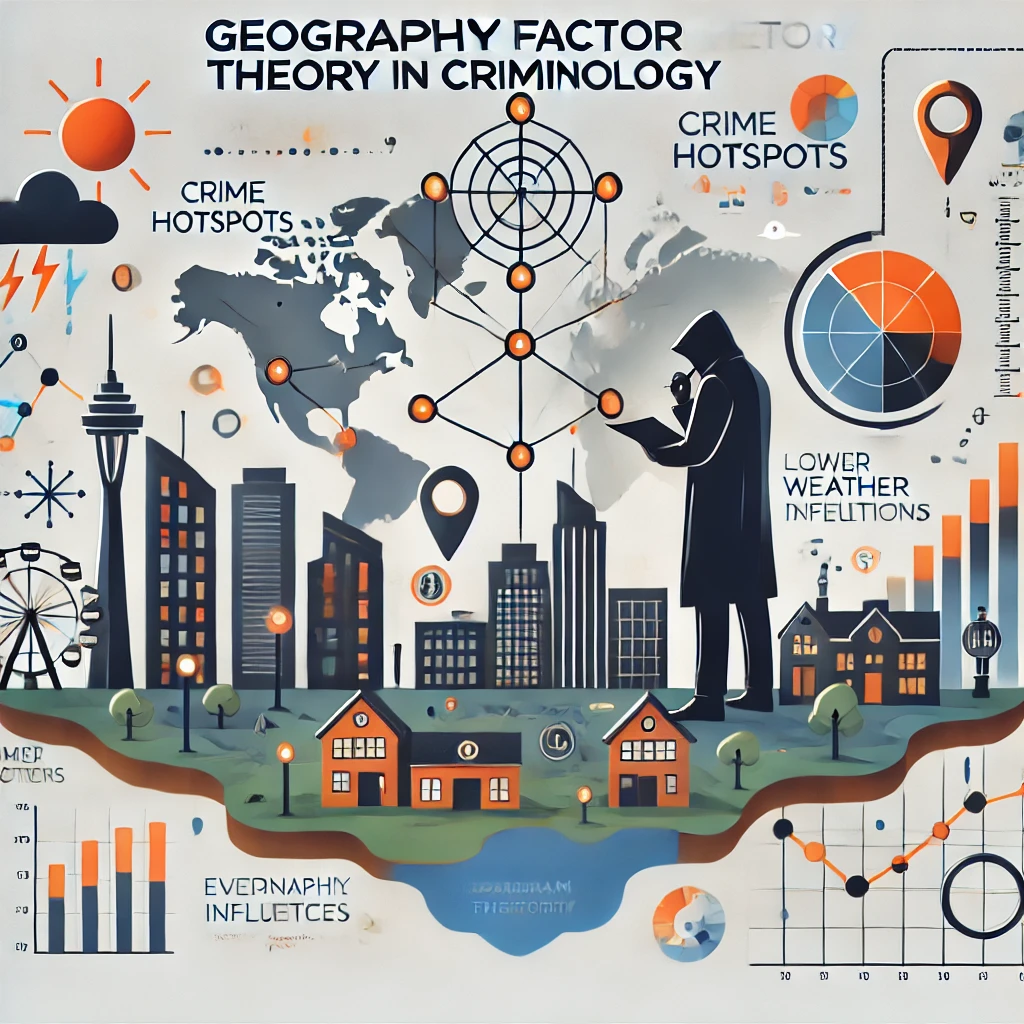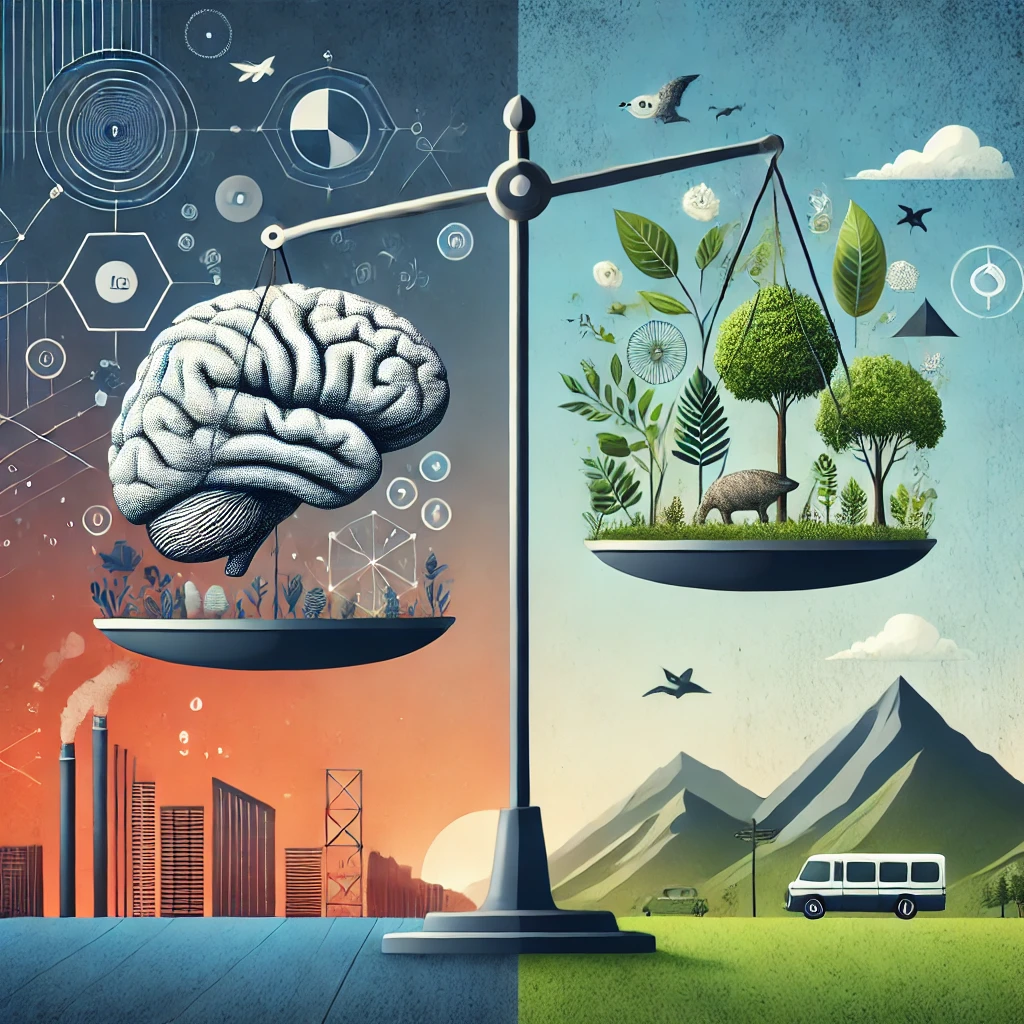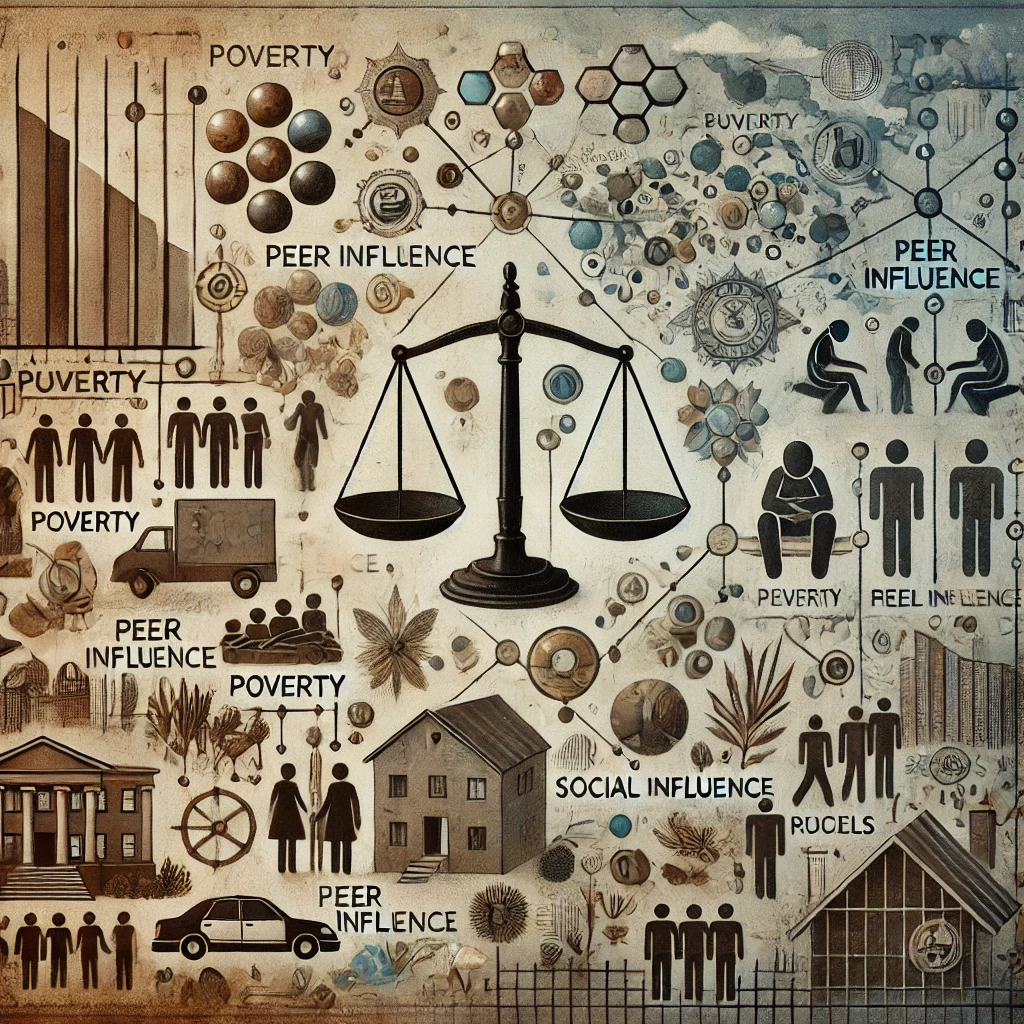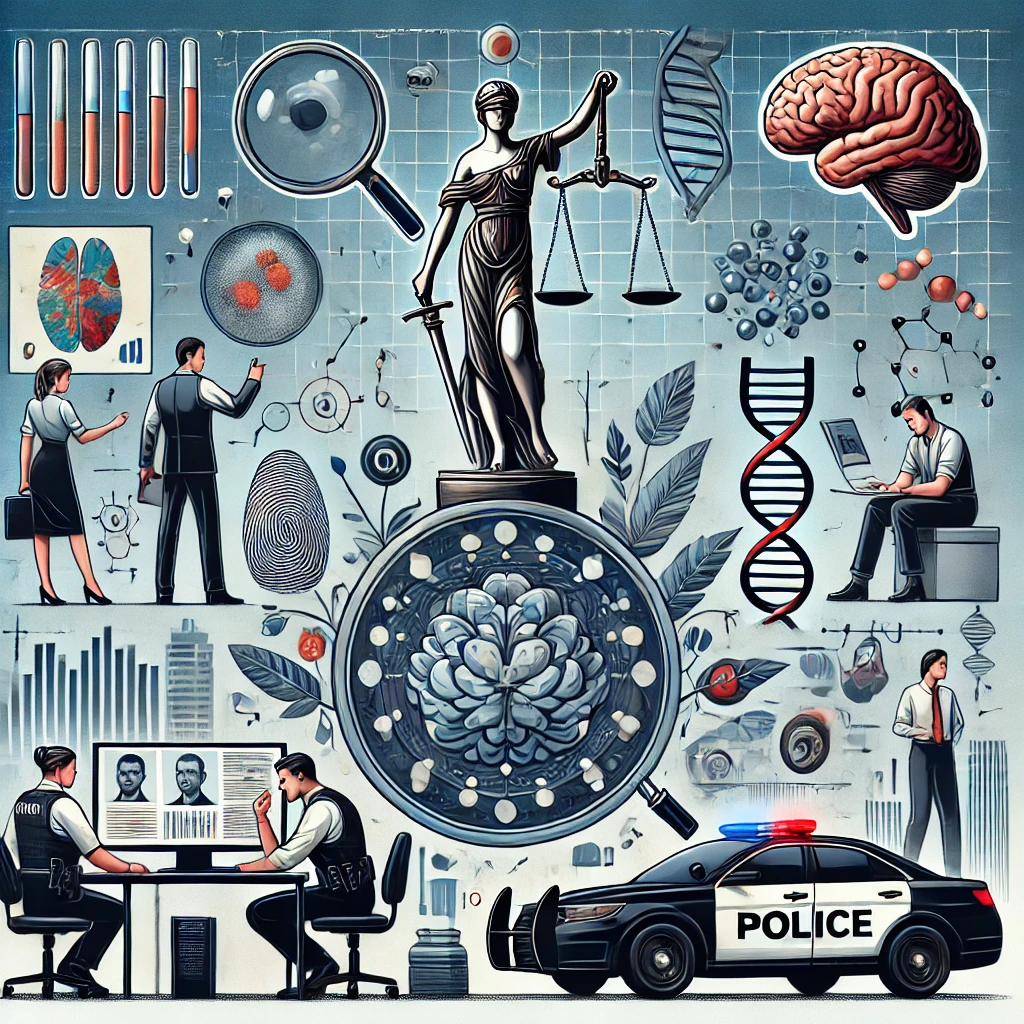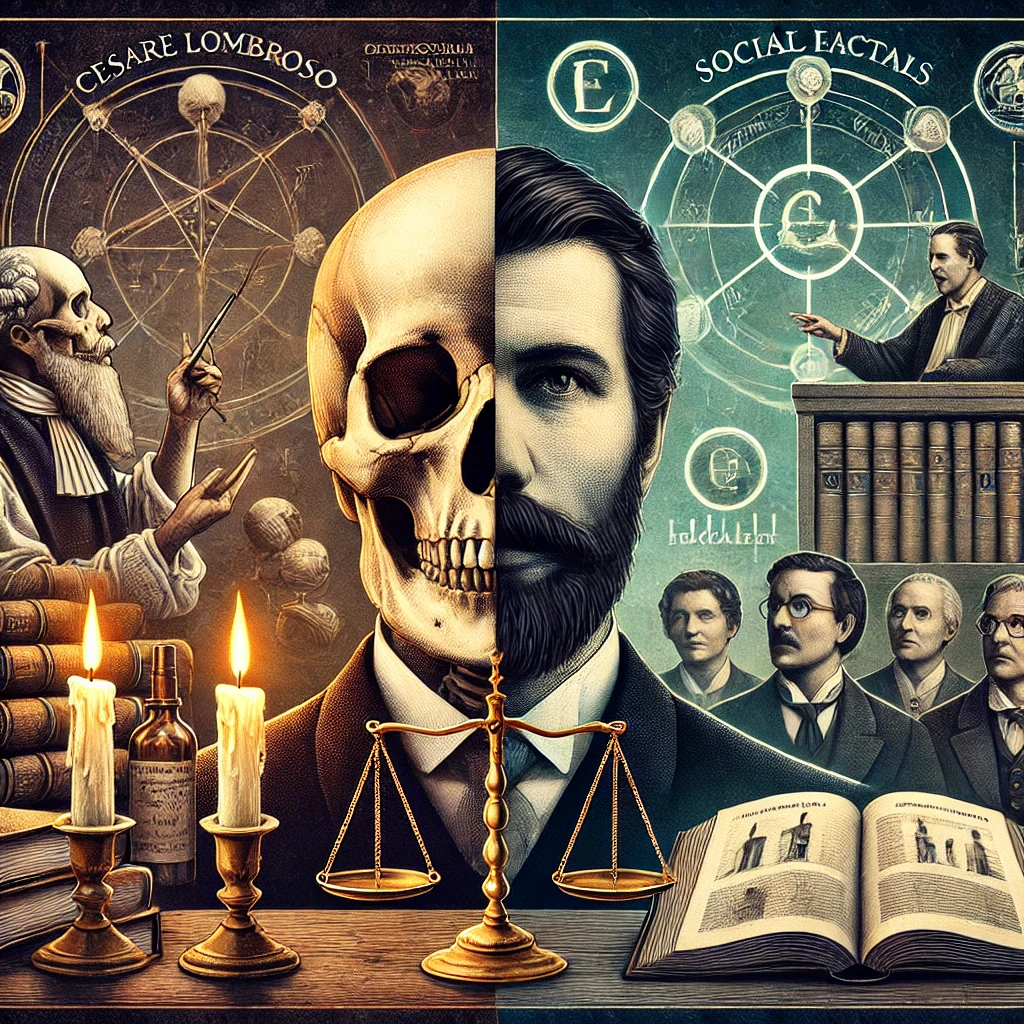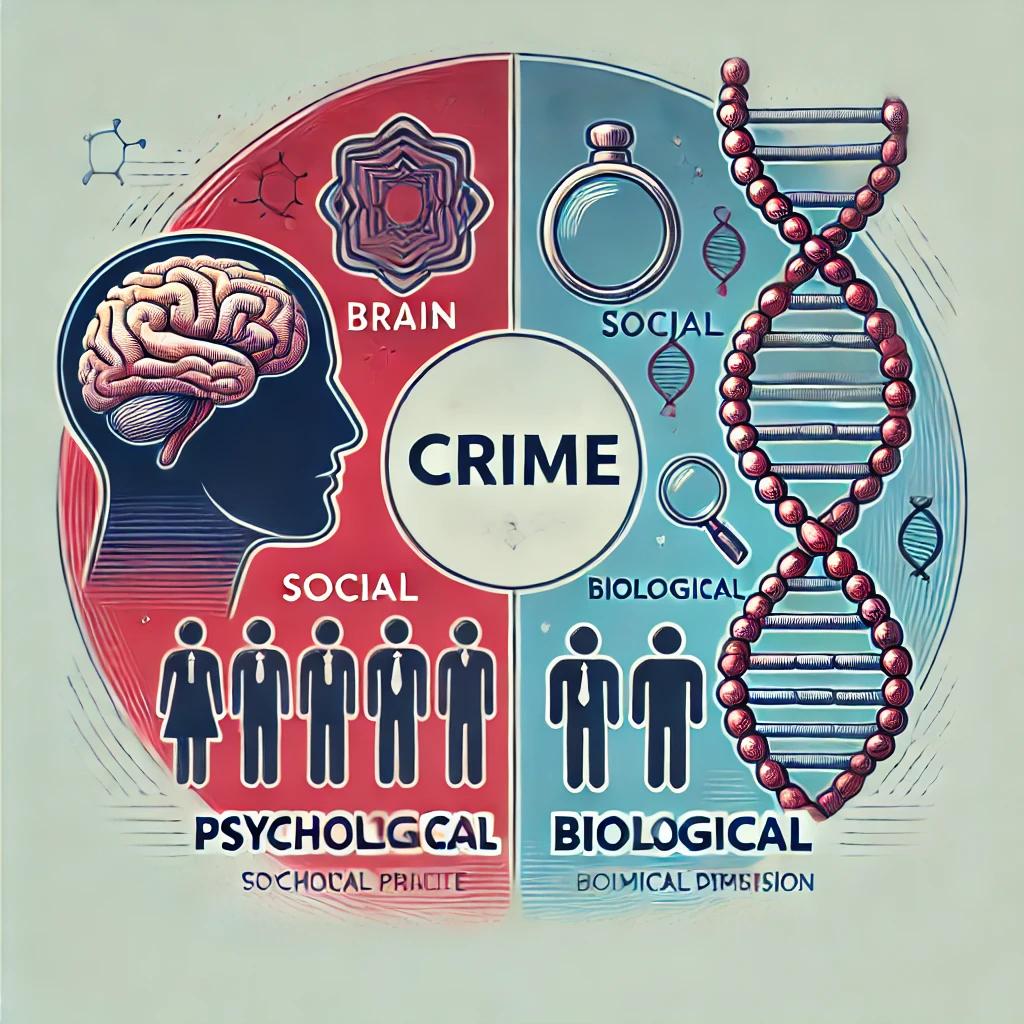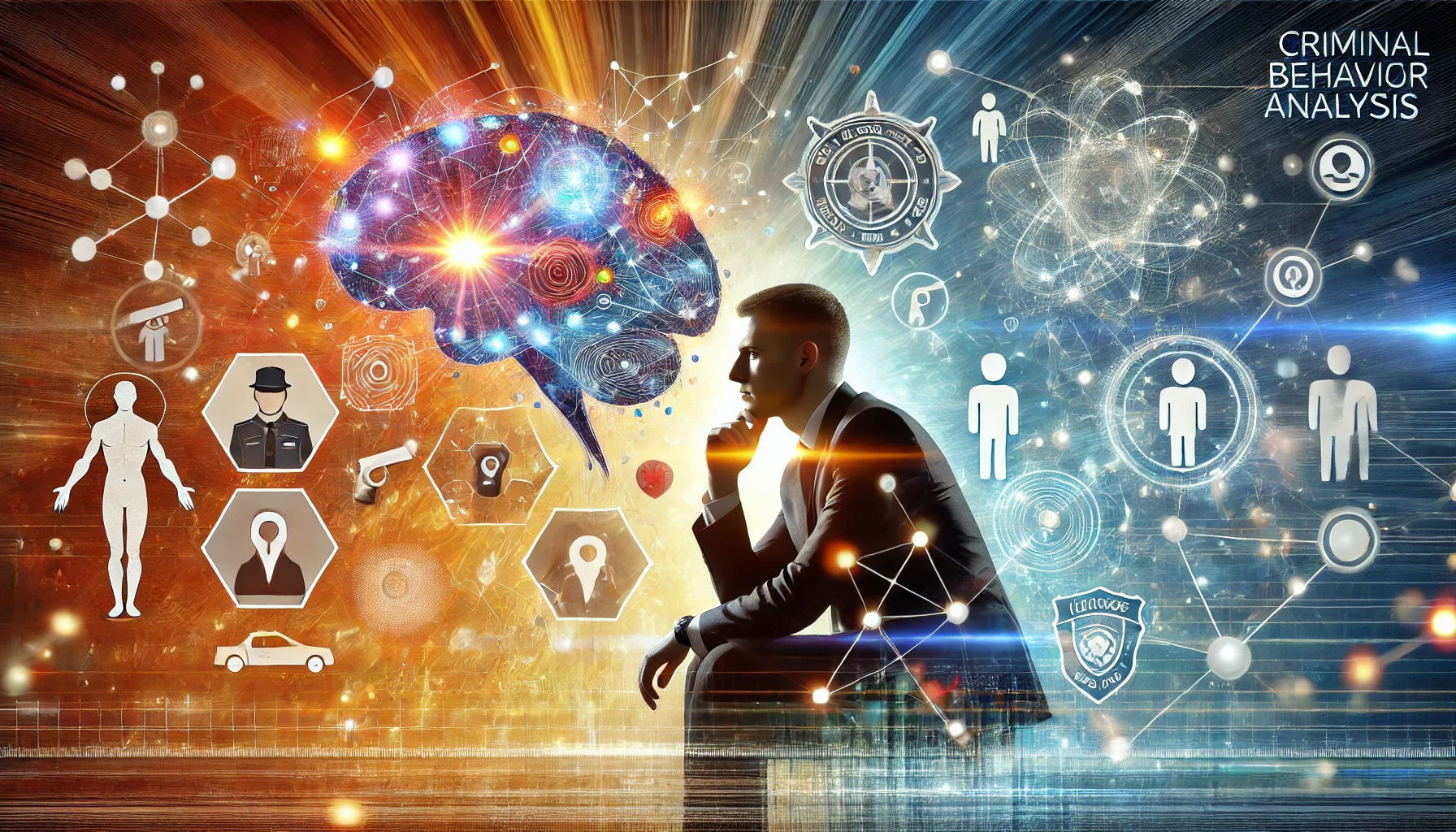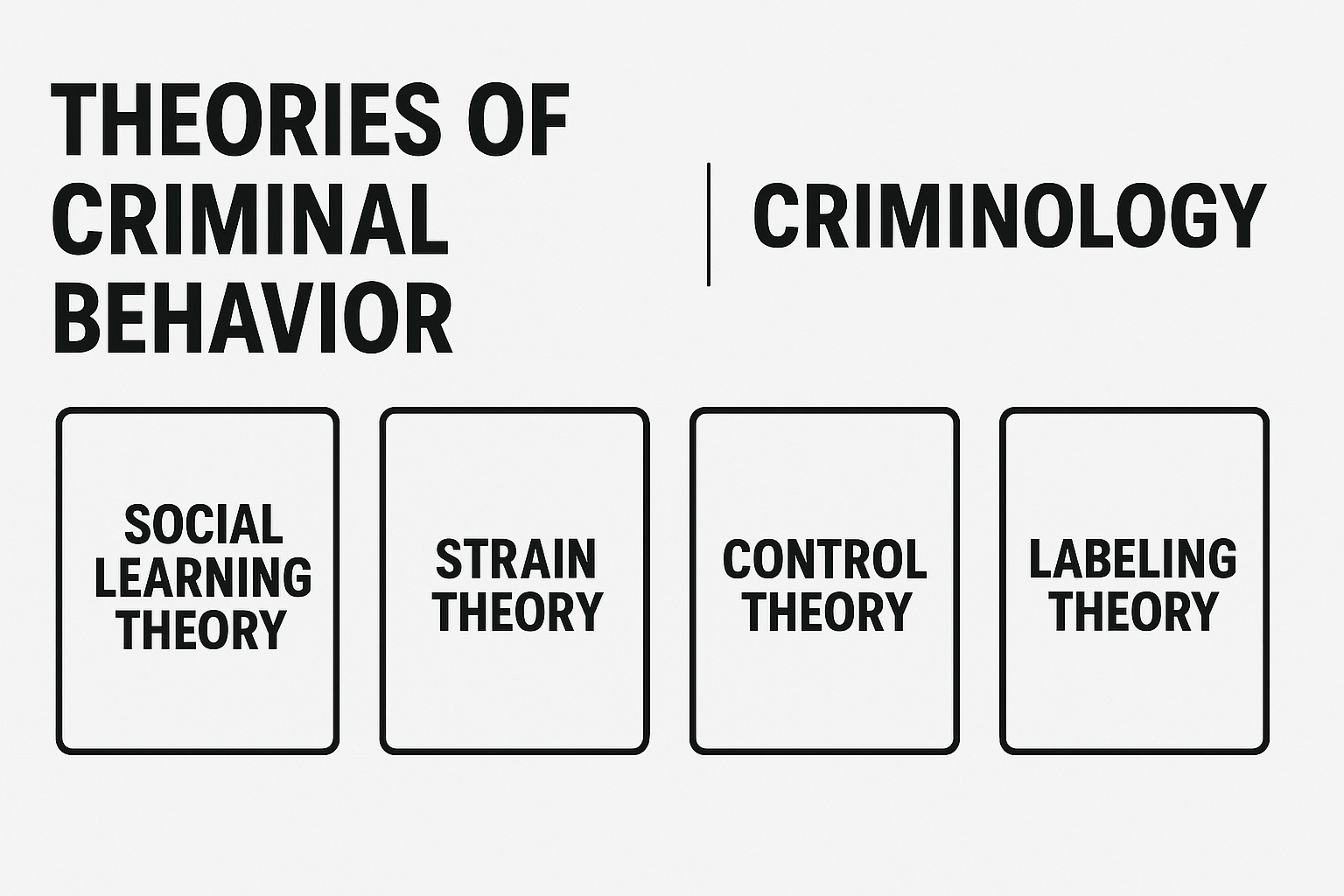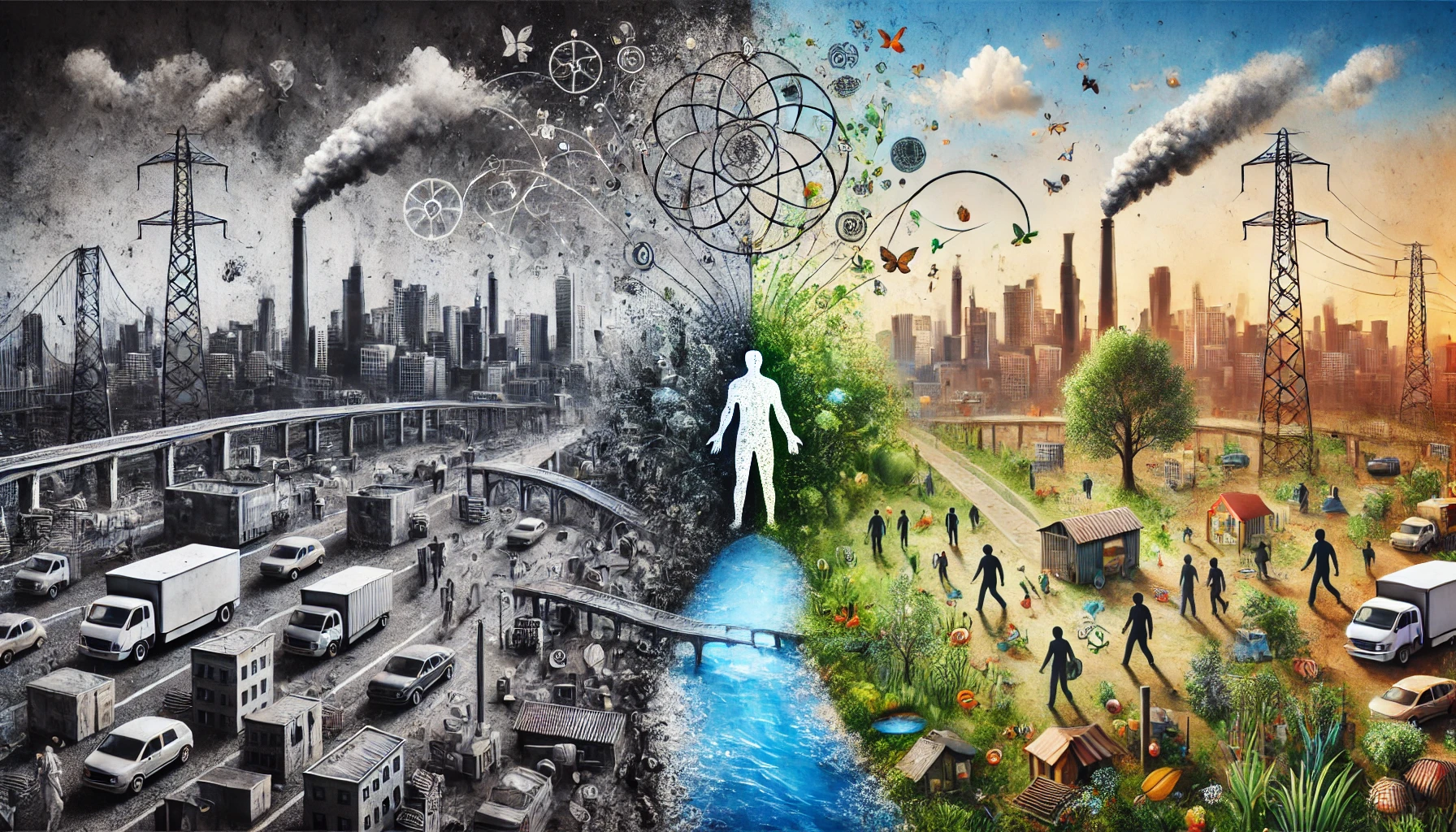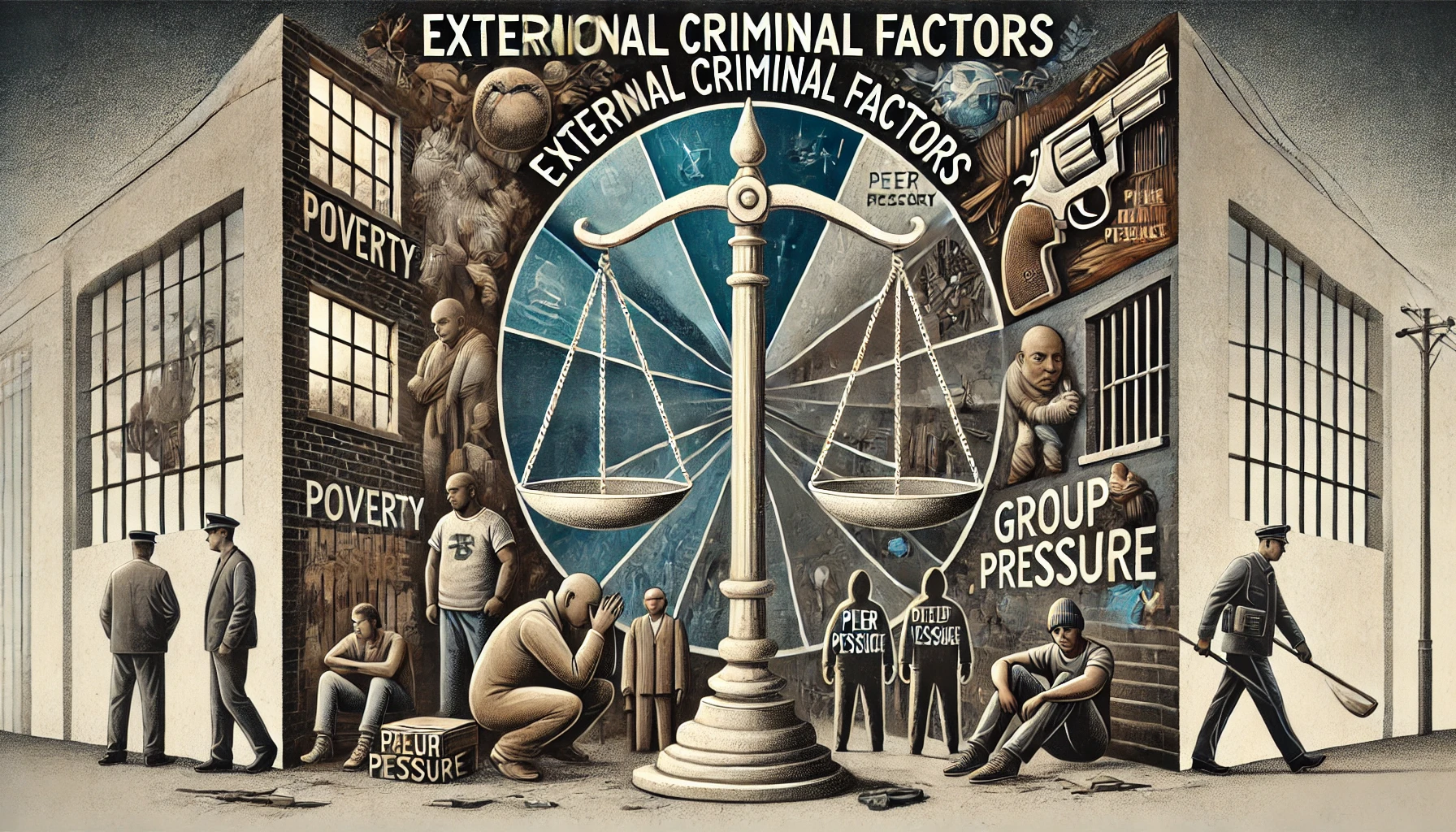Geographical Factor Theory in Criminology
Introduction The geographical factor theory in criminology posits that environmental and geographical factors significantly influence criminal behavior. These factors encompass natural environments, societal structures, and even physiological aspects shaped by geographical location. Throughout history, criminologists have explored how different geographical regions affect crime rates, highlighting natural, social, and physiological aspects of the environment as key … Read more

